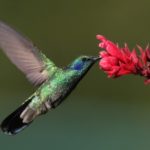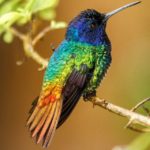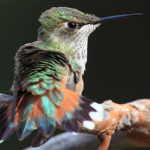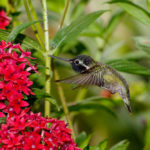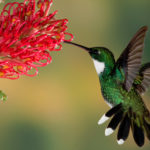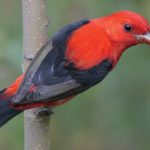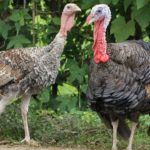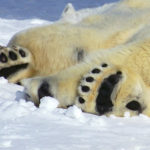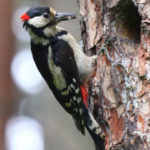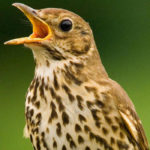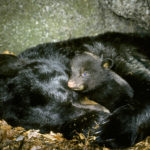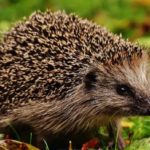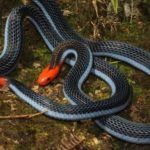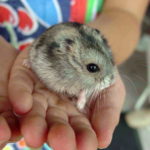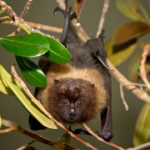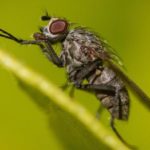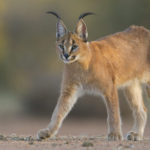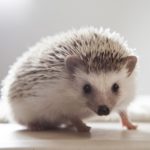Hummingbirds – information
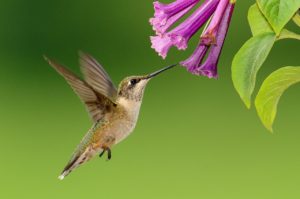 Hummingbirds live alone. These are very mobile birds that constantly fly in search of food. They are active only at daylight, and at night … The fact is that because of the rapid metabolism, a night for hummingbirds is equivalent to several weeks of life for a person. To spend so much time without food, the hummingbirds can not, therefore, with the advent of twilight, these birds fall into a stupor, which is comparable to the hibernation of the bears. During numbness, the pulse of the hummingbirds slows down, the body temperature drops to 17-21 C °. With the first rays of the sun, “sleeping beauties” warm up and come to life.
Hummingbirds live alone. These are very mobile birds that constantly fly in search of food. They are active only at daylight, and at night … The fact is that because of the rapid metabolism, a night for hummingbirds is equivalent to several weeks of life for a person. To spend so much time without food, the hummingbirds can not, therefore, with the advent of twilight, these birds fall into a stupor, which is comparable to the hibernation of the bears. During numbness, the pulse of the hummingbirds slows down, the body temperature drops to 17-21 C °. With the first rays of the sun, “sleeping beauties” warm up and come to life.
In connection with high energy needs, the hummingbirds have special gastronomic preferences. These birds feed exclusively on nectar and pollen of plants. These foods are rich in carbohydrates, but poor in protein. To make up for the need for squirrel squirrels eat small insects. Different types of hummingbirds prefer the nectar of different plants, some species are so narrowly specialized that they can only eat on plants of the same species! This is precisely what determines the shape of the beak in different species. Hummingbirds are very voracious and for a day eat up the amount of food 2 times the mass of their body.
Northern species of hummingbirds reproduce in summer, tropical species all year round. The male zealously defends his plot, but limits the concern for the continuation of the genus by mating with the female, the rest of the efforts fall on her shoulders. The female builds a nest half-spherical in shape from the finest grass, wool and even cobweb.
The nest is located on the thin ends of branches that are inaccessible to tree predators, sometimes it is attached to leaves and other suitable objects. The female lays 2 tiny eggs (the weight of the smallest species is 2 mg!) And incubates 16-18 days.
Hatched chicks she feeds nectar, which sucks in the beak and transports to the nest. It happens that the nestlings in anticipation of the mother fall into a stupor from hunger. The returning female brakes them and literally forcibly feeds, because the life of the hummingbirds depends so much on nutrition. Nestlings grow very quickly and leave the nest after 20-25 days.
